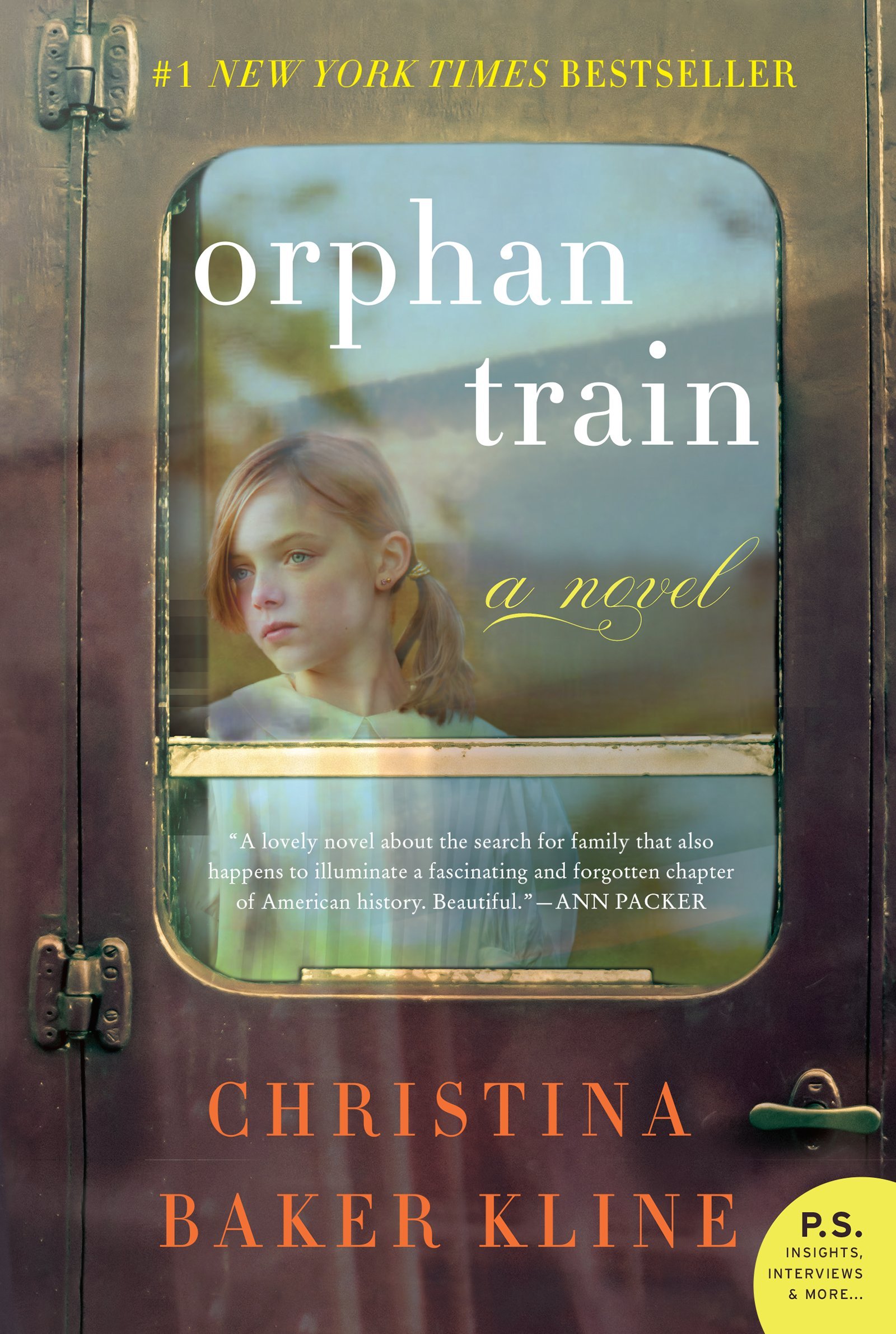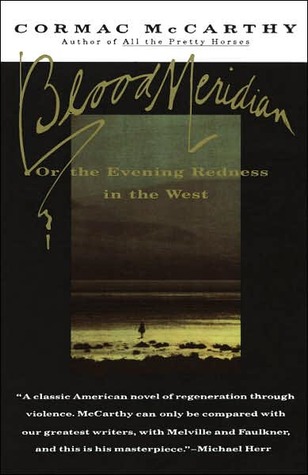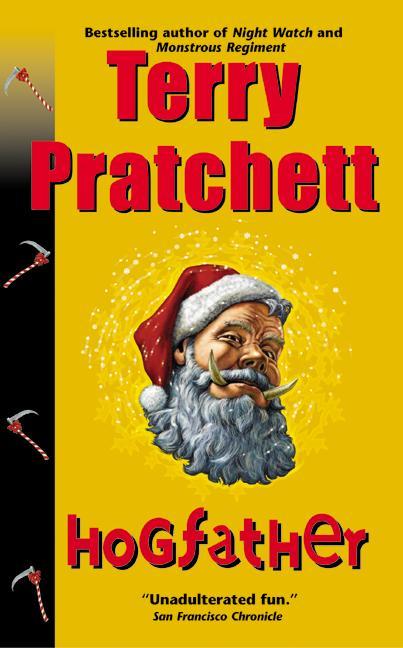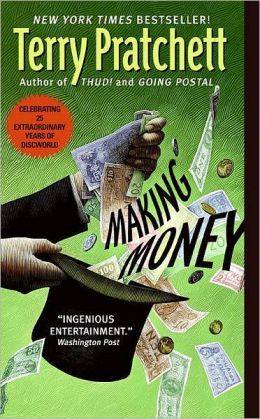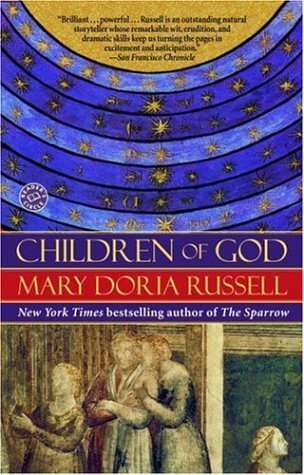909 pages Hardcover (Fantasy Fiction) Roughly 12,000 pages in the series.
This is partly a review of the 14th and final book in the Wheel of Time series, but also the series as a whole. It is hard to separate the two anyway. Sadly, Robert Jordan died in 2007. He knew that he was not going to be able to finish the series and collaborated with Brandon Sanderson to finish it after his death. My understanding is that originally it was supposed to be a 7 book epic, but has been "expanded" to 14 books. **This is full of spoilers.**
The whole premise of the entire series is that the world follows a timeline like a wheel. What has happened before will happen again and time passes, but will repeat itself. In the previous age Lews Therin fought the Dark Lord and magically sealed him in the Bore; a tunnel into the earth that at one time was a source of magic. In this age prophecies proclaim that the Dragon Reborn will again fight the Dark Lord in the last battle. He will break the world and a new age will begin.
A Memory of Light is almost entirely focused on the last battle. Trollocs attack the borderlands at the beginning of the book and most everything after that is preparation for, or the actual last battle. All of the nations of the world band together to make one last stand against the overwhelming odds of evil. Throughout the series the three main characters have been Rand, Mat and Perrin. These three boys are from the same village and are drawn into the story when Moraine, an Aes Sedai, tells them that Rand is the Dragon Reborn. They all have special powers. Rand has the power over magic. Mat has luck beyond what anyone else could hope for and eventually gets the memories of hundreds of people from the past. Perrin has the power to go into the wolf dream.
In the final battle all of them are pushed to their limits. Rand goes to Shayol Ghul to fight the Dark Lord which becomes more a battle of wits than of strength. Mat somehow becomes the leader of the forces of the light and leads them into a battle unmatched in history. Perrin goes into the wolf dream and defends Rand from forces he has no protection from. The multitude of characters from the series all play their parts and a battle of true epic proportions dominate most of the book.
I have been reading this series for at least 18 years. I have grown immensely as a reader in that time and I think that has been to the detriment of the series. I can't say I remember every detail about the books, but I really enjoyed the first 6 books. After that it seemed like the story just wondered around without a lot happening until the end of the 9th book, Winter's Heart. I honestly don't know why I kept going. I muddled through the next couple books and was slightly entertained, but went on with the attitude that I had read this far I should see it finished. The 12th book,
The Gathering Storm, brought a breath of fresh air to the series. For me, Sanderson, saved what was left of the series. Over the next 3 books he did something Jordan didn't seem able to do, bring an end to the story.
Perhaps I am being unfair, Sanderson worked with Jordan and maybe I would have enjoyed what he would have done by himself, but I honestly kind of doubt it. I have many friends that have read the series and some at rabid about how great it is. For the most part though people seem to have the impression that I have.
The thing that stands out most for me is that the book is juvenile. Jordan constantly reiterates things, to keep the reader informed, but I feel like it is overdone and I am given no credit as a reader. I don't find his writing to be very appealing. He tells an epic story, but I don't find the writing to be beautiful for its own sake. The other way this is evident is the actual story elements. The characters don't swear instead they use words like "bloody". In the book at one point Elayne who is a queen calls someone a "bloody pig farmer" (or something close to that) and everyone around is shocked at her improper language. As a mature reader I just felt like I am being forced to accept something that I don't see as edgy. Also every time sex is implied in anyway it is always off camera. Mat is supposed to be a leader of a band of rough and tough mercenaries. He continually mentions how he'd like to have a girl sit on his knee. Right, that is what war torn battle veterans think of after a hard fought battle.
Now, I can see some people arguing that this is supposed to be a young person's story. That it is kept "clean" to make it accessible to those that start reading it at a young age. I can see that side of the argument, but there is a major flaw. The series is 12,000 pages. How many junior high kids are going to pick up one book at 800 pages, much less 14 of them? And even if the intention is for you to start reading it in 8-9th grade few people would ever finish the series by the time they were out of high school. I consider myself a very avid reader and I don't think I could finish the whole series in a couple years even if I made a point to do it. This last book took me about a month and a half. (Though I admit it was partly because I wasn't that into it.) It should have done something similar to the Harry Potter series where as it grew in length it also grew in complexity and theme.
Now my final complaint. I could have told you how this story was going to end after reading the first half of the first book. It certainly was an epic story, but there was little to no surprise at all and overall it was just a bland story with little in the way of epic writing.
This rating is for the series as a whole.
3 Intellectual/Emotional: I cared about the few main characters, but the multitude of side characters were basically just extras in a movie.
2 Style/Readability: I don't care for Jordan writing. Sanderson made this part more bearable, but I feel like he integrated some of Jordan techniques which wasn't for the better.
3 Long Term Impact: With 20 years of books and over 4 million books in print I am sure that the Wheel of Time series will be around for a long time even if it shouldn't be.
8 out of 13. This seems right to me. I have heard of people suggesting this series to other people, I am telling you don't. If you are aching for a huge series to read I suggest trying George R.R. Martin's
Song of Fire and Ice or Stephen King's
Dark Tower series. (Don't judge it by the first book). Then if you are pleased with those and are looking for something a little more involved look at Steven Erickson. After you have read all of those I don't see how you can think that The Wheel of Time is all that great. Exception one: If you are a teenager and you think you could tear through 12,000 pages in a few years I think this might be a good choice. Exception two: If you have read most of the series already and were turned off when Jordan died, Sanderson did a good job finishing the series and if you want to, go ahead and read the last three books.
I would add one last thing. I think the series could go from average to good (not great) if someone went through and cut a lot of the chaff from it. I mostly mean the books in the middle of the series. If you could read 1-6, read the cliff notes to the next 4 books, then finish the series it would be better.
Keep Turning Pages.

